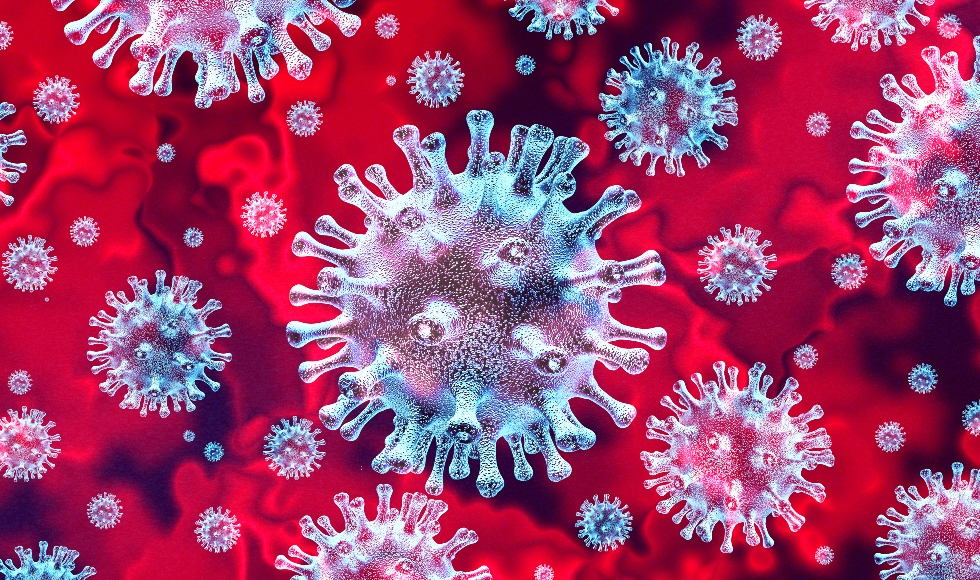A wake-up call: COVID-19 and its impact on children's health and wellbeing
- By: Henrietta H Fore
- Source: www.thelancet.com
- Website: https://www.thelancet.com/journals/langlo/article/PIIS2214-109X(20)30238-2/fulltext
As cases of COVID-19 surge worldwide and threaten to overwhelm life-saving health services, the survival of mothers and children is at great risk.
In The Lancet Global Health, Timothy Roberton and colleagues1
present startling new evidence on the potential rise in maternal and child mortality in low-income and middle-income countries if essential health services are disrupted as a result of COVID-19. Building on lessons learned from previous outbreaks of Ebola virus disease and severe acute respiratory syndrome (SARS), the authors estimate a devastating increase in the numbers of maternal and child deaths resulting from reductions in routine health service coverage.
• View related content for this article
Left unchecked, these reductions (due to, for example, disruptions in medical supply chains or the availability of human and financial resources) along with declines in the uptake of health services by communities fearful of infection will be more catastrophic for mothers and children than COVID-19 itself. The projection of an additional 1·2 million child deaths and 56 700 maternal deaths in 118 countries if coverage of essential services drops by around 45% for 6 months is alarming. It is also avoidable if we act now.
These findings reinforce the multi-part approach that UNICEF has adopted from the start of the outbreak.2
First, we are working to prevent COVID-19 transmission and treat those who fall sick. Second, we are working to address the effects of the policy responses aimed at containing the spread, including maintaining routine health services for all children and mothers, ensuring continuity of learning, keeping mothers and children safe and protected from violence, and scaling up social protections to keep children and their families afloat. Third, we are working to strengthen the systems that underpin all of these services.
The evidence is already showing the negative effects of COVID-19, and the unprecedented measures to contain it, on maternal and child health. Children are at risk not only of infection, but also of losing or being separated from family members and caregivers. Mothers and children are affected by the disruption of essential preventative and curative support and supplies resulting from suspensions in services and transportation systems, as well as by financial constraints.3
, 4
Constrained access to clinics, schools, social workers, water, and sanitation is a particular threat to the most vulnerable populations, and the lack of child protection and broader social services is particularly harmful to women and children in need of safety.
Looming above all of these concerns is the economic impact of both the pandemic control measures governments are taking and the predicted knock-on effects of the projected global recession:5
reduced incomes, public and private debt, and reduced access to goods will affect many aspects of household health and nutrition. In short, these effects threaten to roll back the hard-won progress countries have made in recent decades.
As a global community, overcoming the negative impacts of the pandemic will require focus on six key areas of action and investment. First, we must keep children healthy and well nourished by providing supplies and protective equipment, which must reach health workers and affected communities. At the same time, life-saving maternal, newborn, and child health services, routine vaccinations, and access to HIV treatment must be maintained.
Second, we must urgently prioritise funding and support for maintaining and strengthening water, sanitation, and hygiene. The combined work of governments and the private sector will be required to increase the practice of handwashing across the board, tapping into local innovation and global partnerships.
Third, learning and connectedness among children must be maintained, and support must be given to governments to provide no-technology, low-technology, and digital solutions. Already before the crisis, UNICEF was working on an initiative6
with partners to extend digital infrastructure to ensure all children can learn, no matter who and where they are, and this work needs to be brought quickly to scale.
